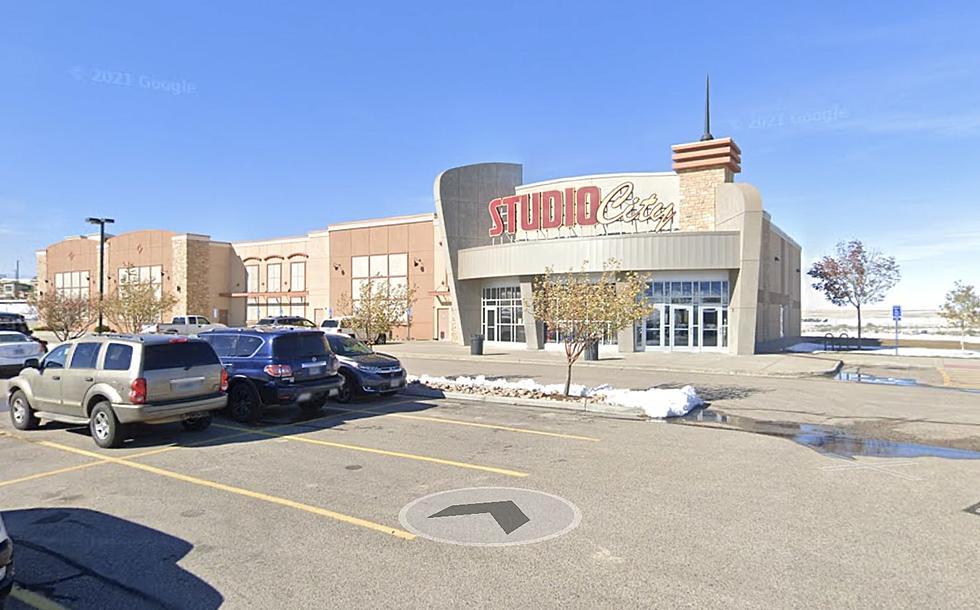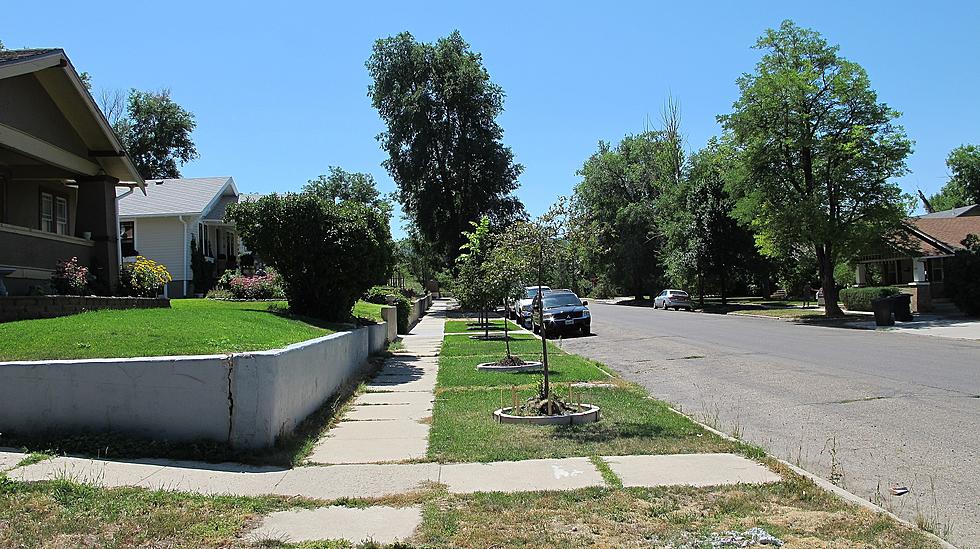
Casper Council Adds Definitions to Nondiscrimination Ordinance
On Tuesday, a large crowd of around 40 people showed up mostly for the proposed nondiscrimination ordinance that the Casper city council passed on the second reading.

Only council member Steve Cathey voted against the ordinance.
The ordinance would add a $750 penalty and/or up to six months in jail if they commit assault, assault, and battery, or harming property based on various protected classes.
During the first reading of the ordinance, age was added as a protected class, which also includes race, color, religion, ancestry, sex, sexual orientation, gender identity, gender expression, national origin, and disability.
Wyoming is one of two states in the country, besides Utah, that doesn't have any form of hate speech law, and if Casper ends up passing this ordinance, would make it another city in the state to pass such a law, along with Cheyenne.
At the meeting, members of the Casper LGBTQ advisory group, who helped put together the ordinance, came up to speak in favor of the bill and the positive impact it would have.
Several people also came up to speak against the ordinance, saying that it isn't needed, wouldn't deter any crime, that it was complicated, that it's poorly written, it would require men to be allowed in women's spaces, and that the definition of gender identity doesn't make sense.
Vice Mayor Bruce Knell said that the ordinance is about intent and will attempt to stop people from being discriminated against.
"For me, this is about intent, it's about malicious, which the word is in there several times, assault, assaulting people. This doesn't take your first amendment right away. It doesn't stop you from calling a black man the n-word. It doesn't stop you from calling a gay person that f-word that nobody likes. That's your first amendment right. If you want to be ignorant and mean, you can do those things. We would ask you not to. We would hope we live in a better society than that. But what this is going to do is stop you from harming them. Stop you from taking their jobs, kicking them out of their homes, and assaulting them or inciting assault against them. And for me, I'm sorry, this is really easy for me to do."
Councilmember Michael McIntosh said that he thinks the ordinance is needed and that he and other council members have received hateful messages about the ordinance.
Council member Jai-Ayala Sutherland said, in addressing some of the comments made by people speaking against the ordinance, that intention always matters in law, and a law being complicated doesn't make it bad.
"I just want to state again that intention matters. It matters in law at the city level. It matters in law at the national level. It matters in law at the international level. Intention is part of our legal system, and to say that we can't put that in there is just simply inaccurate. I think that somebody mentioned that this is complex. Ok, that's ok. I don't think we should shy away from things just because they're complicated. And having this law and ordinance in place is a way to not necessarily prevent heinous crimes, we hope it does, but it's a way to hold people accountable when they behave in ways that harm other humans. I'm not sure how that's in any way something that we can't stand behind."
The ordinance will have one more reading before it is passed at the next regular council meeting.
Answers to 25 common COVID-19 vaccine questions
Wyoming Responds: Was January 6 an Insurrection or an Inconvenience?
More From K2 Radio









